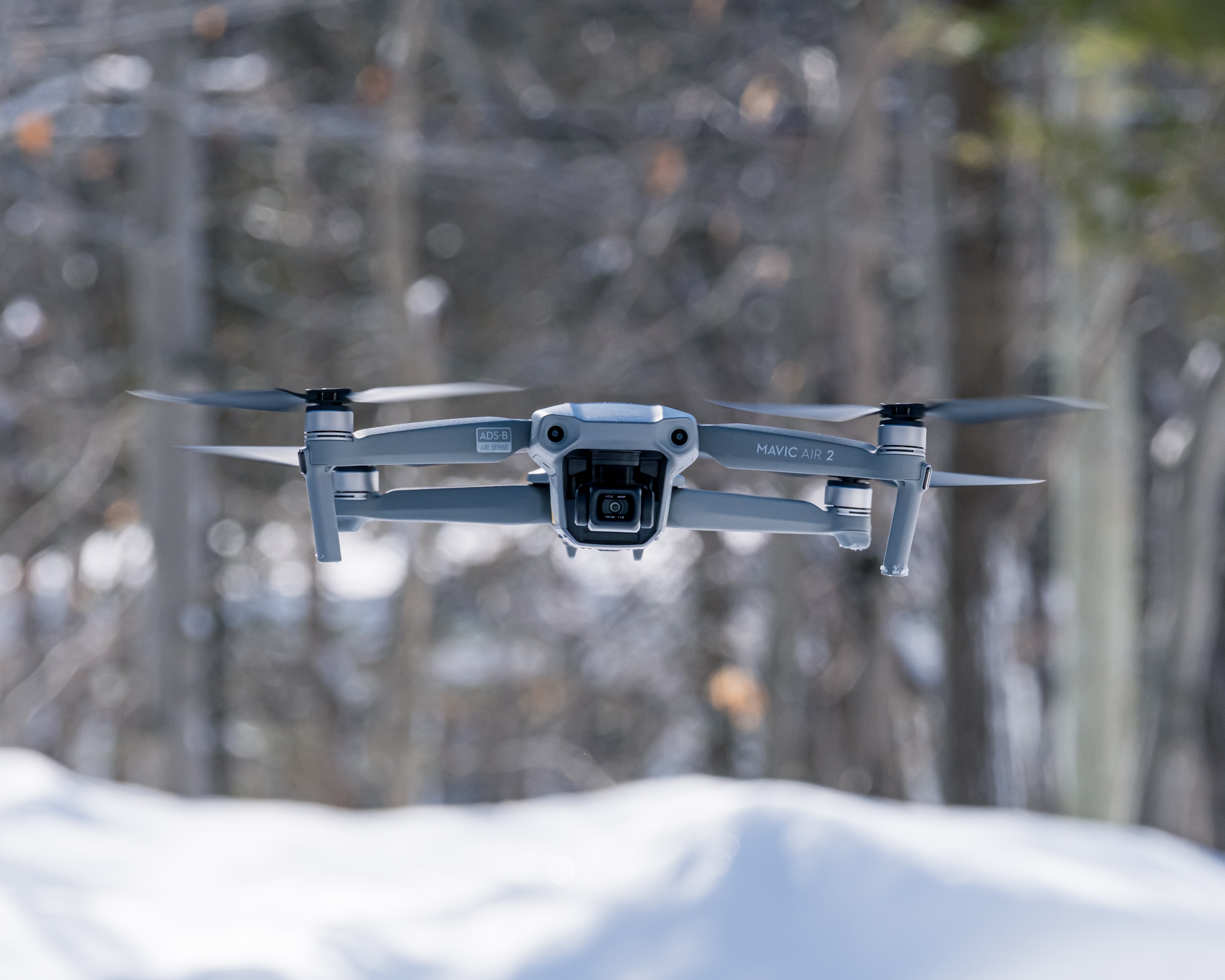Return to Main
A Guide to the Types of Drones Used in Business
In an age where innovation takes flight, drones have emerged as a transformative force across industries, reshaping the way businesses operate. These unmanned aerial vehicles (UAVs) come in various shapes and sizes, each tailored to meet specific needs and challenges in diverse business sectors. In this article, we'll take you on a journey through the skies to explore the types of drones making waves in the world of business.
**1.
Fixed-Wing Drones: The Pioneers of Efficiency
Fixed-wing drones are akin to miniature airplanes, designed with a fixed wing structure that allows for sustained and efficient flight. Businesses in agriculture and surveying have warmly embraced these drones for their ability to cover vast areas with ease. Fixed-wing drones are excellent for collecting aerial imagery and topographical data over large agricultural plots or construction sites. Their endurance and efficiency make them indispensable for projects that require extensive ground coverage.
**2.
Multirotor Drones: The Versatile Workhorses
Multirotor drones, with their multiple rotors, are perhaps the most recognizable drone type. Quadcopters, hexacopters, and octocopters fall into this category. They are prized for their agility and versatility, making them suitable for a wide range of applications.
Quadcopters: Known for their stability and ease of use, quadcopters are often employed in real estate for aerial photography, in cinematography for dynamic shots, and in search and rescue missions for their maneuverability.
Hexacopters and Octocopters: These drones offer additional redundancy and lifting capacity, making them ideal for heavy payloads. Industries like agriculture and infrastructure inspection favor them for their ability to carry specialized equipment.
**3.
Fixed-Wing VTOL Drones: The Hybrid Marvels
Vertical Takeoff and Landing (VTOL) drones combine the best of both worlds: the efficiency of fixed-wing aircraft and the versatility of multirotors. VTOL drones can take off and land vertically like helicopters but then transition to fixed-wing flight for greater endurance. This versatility makes them valuable in industries like energy, where they can access remote and hard-to-reach locations for inspections and monitoring.
**4.
Hybrid Drones: The Adaptable Innovators
Hybrid drones merge various propulsion systems, such as fixed-wing and rotary-wing mechanisms, to offer even greater flexibility. These adaptable machines can switch between modes to optimize performance based on the task at hand. Hybrid drones are finding applications in fields like delivery services, where they can efficiently transport packages to remote areas with precise, vertical landings.
**5.
Single-Rotor and Helicopter Drones: The Heavy Lifters
Single-rotor and helicopter drones, with their singular main rotor, are exceptional for heavy lifting and specialized tasks. They are often used in industries such as construction and infrastructure for carrying heavy sensors and equipment. These drones can access rugged terrain and carry out missions that require precise control and endurance.
**6.
Fixed-Wing Cargo Drones: The Logistics Innovators
The world of logistics and delivery services has been revolutionized by fixed-wing cargo drones. These UAVs are designed for efficient, long-range deliveries of goods and supplies. They are becoming increasingly important in remote areas and during emergency relief efforts, where traditional transportation may be challenging.
Conclusion
As technology advances and businesses continue to evolve, the types of drones used in various industries will also evolve and diversify. These aerial tools have already proven their worth by enhancing efficiency, reducing costs, and expanding the possibilities for data collection, monitoring, and delivery. Whether it's the agility of multirotor drones, the efficiency of fixed-wing aircraft, or the adaptability of hybrid drones, the skies are filled with innovations that promise to elevate business operations to new heights. The future of drone technology holds endless possibilities for businesses, and as we look to the horizon, we can only imagine the remarkable innovations yet to come.

